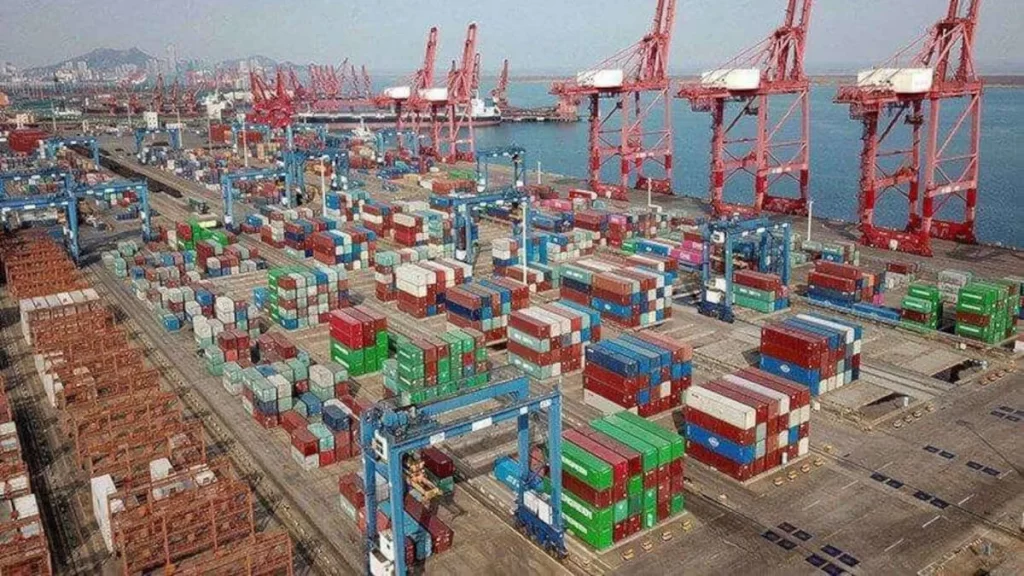A Shift in the Winds of Trade
Envision a busy port on Turkey’s Mediterranean coast, where cargo ships load goods bound for European markets. For years, this scene has symbolized the steady flow of trade between Turkey and the EU. However, just like the winds of commerce, economic ties are subject to change. The question now is whether Turkey can reshape its commercial relationship with the EU—a shift that could impact international markets.
One crucial element in this potential shift is the possible redrafting of the Customs Union, which has governed trade between Turkey and the EU since 1995. With global trade dynamics evolving and new economic challenges on both sides, Turkey’s move to reconsider its relationship with the EU may influence trade patterns regionally and globally.
Turkey-EU Trade Role in Strategy
The EU views Turkey as one of its major trade partners, with bilateral trade reaching over €132 billion in 2022. Thanks to the current Customs Union, Turkey enjoys access to the EU single market, particularly in sectors like textiles and automobiles. However, key areas such as services and agriculture remain excluded, sparking calls for reform to address today’s trade realities. About 40% of Turkey’s total exports go to the EU, making it Turkey’s leading trade partner.

The Global Impact of a New Agreement
Reconfiguring trade ties between Turkey and the EU could unlock new opportunities for investors, policymakers, and industry leaders worldwide. A revised Customs Union could open EU service sectors to Turkish businesses, enhancing Turkey’s role as a manufacturing hub at the crossroads of Europe and Asia.
These changes might also create a more competitive environment for global companies in sectors like technology, logistics, and finance. Turkey’s strategic location could position it as a gateway to both European and Asian markets, especially as global supply chains adjust post-pandemic. In 2022, Turkey’s exports exceeded $254 billion, underscoring its growing prominence in global trade, according to the World Bank.
Moreover, renegotiating trade terms could lower tariffs and trade barriers, leading to more competitive pricing for goods moving between the EU, Turkey, and global markets. International investors may increasingly see Turkey as a prime destination for investment, particularly as it modernizes infrastructure and strengthens connections with European industries.
How Turkey For Business Can Help
For businesses navigating these shifting dynamics, Turkey For Business is well-equipped to assist international leaders, investors, and policymakers. With deep insights into both markets, we help businesses understand the practical implications of trade negotiations and capitalize on emerging opportunities in this evolving landscape.
What’s Next for Turkey and Global Markets?
Turkey’s push to reshape its trade relationship with the EU could spark broader shifts in global commerce. By updating its trade agreements, Turkey stands to enhance its position in global markets and contribute to a stronger, more resilient global supply chain.
But will these negotiations succeed? If they do, how will they reshape international trade? While time will reveal the answers, the potential is undeniable. The real question is: are you ready to seize these new opportunities?















